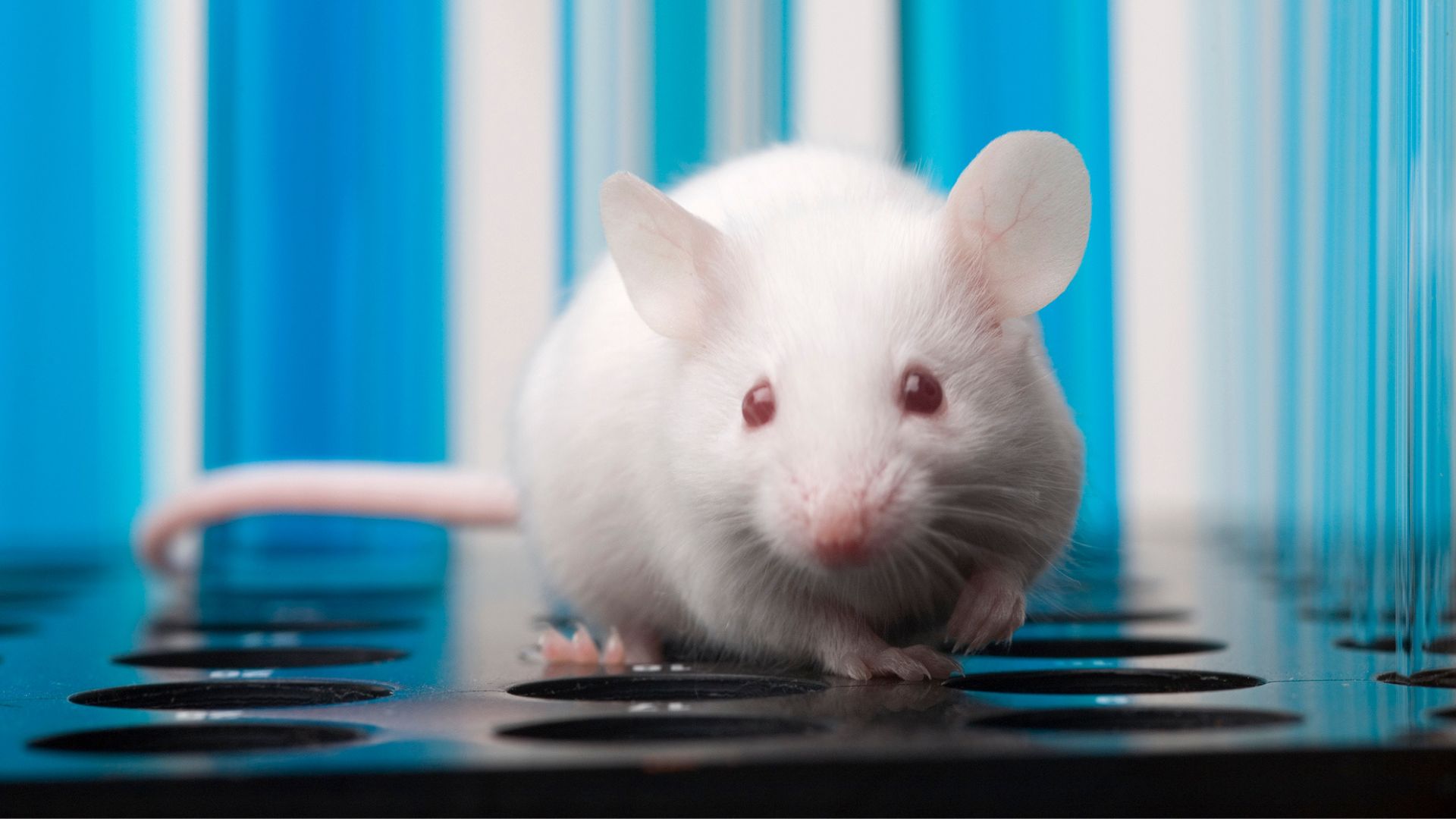Living in space is incredibly hard on the human body. Our bodies are not built for zero gravity, from muscle loss to bone density issues.
Researchers at Kyoto University wanted to know if spaceflight affects the ability of sperm-producing stem cells to create healthy offspring in mice models.
The preliminary investigation study suggests these cells can withstand harsh space conditions and still produce healthy offspring.
Moreover, the study lays the groundwork for developing a practical method of preserving fertility during future, multi-year space missions, potentially paving the way for human procreation beyond Earth.
Healthy offspring
The study used spermatogonial stem cells from mice, a common model for studying reproductive biology due to their shorter reproductive lifespan than humans.
The team took stem cells from mice, then froze them solid, a process called cryopreservation. The cells were packed and sent to the International Space Station, where they stayed in a deep freezer for six months.
Upon their return to Earth, the researchers thawed the cells and found no apparent abnormalities.
The cell population was expanded using in vitro techniques before transplanting it into the testes of mice.
The team then waited. Within three to four months, these mice successfully mated and produced offspring.
The resulting pups were healthy, with normal gene expression and no visible signs of abnormality.
Moreover, the findings suggest that cryopreserved germ cells can stay fertile for at least six months, a key finding for future long-duration space missions.
“When examining the newborn mice, the research team observed that they were healthy and exhibited normal gene expression. These results suggest that cryopreserved germ cells maintain fertility for at least six months,” the researchers wrote in the press statement.
According to lead author Mito Kanatsu-Shinohara, this research is vital for understanding the storage limits for future human spaceflight.
More study required
A surprising outcome of the study was comparing the effects of spaceflight and the cryopreservation process.
However, it turned out that the chemicals used to freeze the cells caused more damage than the six months of exposure to the space environment.
But the work isn’t over yet. The researchers highlight that more work is needed.
While these first-generation mice appear healthy, further study is required to determine their lifespan and fertility to rule out any long-term issues.
Proper analysis of the lifespan and reproductive capabilities of these mice and their future generations is still required.
“We still have some spermatogonial stem cells frozen on the ISS, so we will continue to conduct further analysis,” said Kanatsu-Shinohara.
Space agencies and private companies are becoming increasingly interested in human space tourism. The potential health effects of spaceflight are a major concern.
The unusual space environment, with its gravitational changes, disrupted circadian rhythms, and high radiation levels, can cause significant harm to the body. These stressors could affect a human’s ability to produce healthy offspring.
This study is an important step toward understanding reproduction in space using animal models, which could pave the way for future research on human cells.
